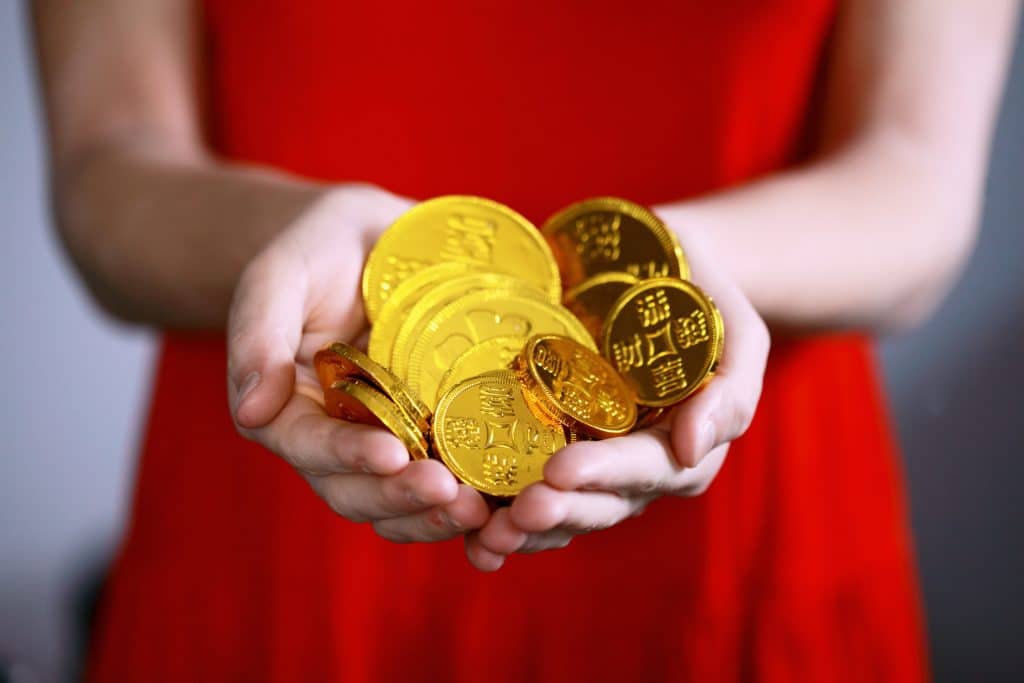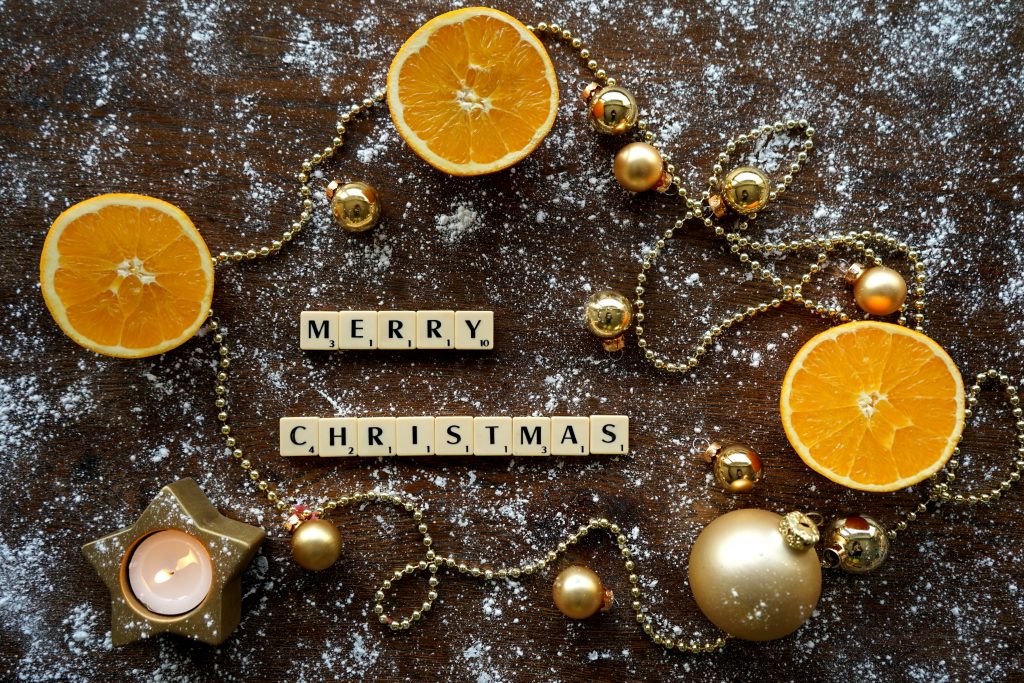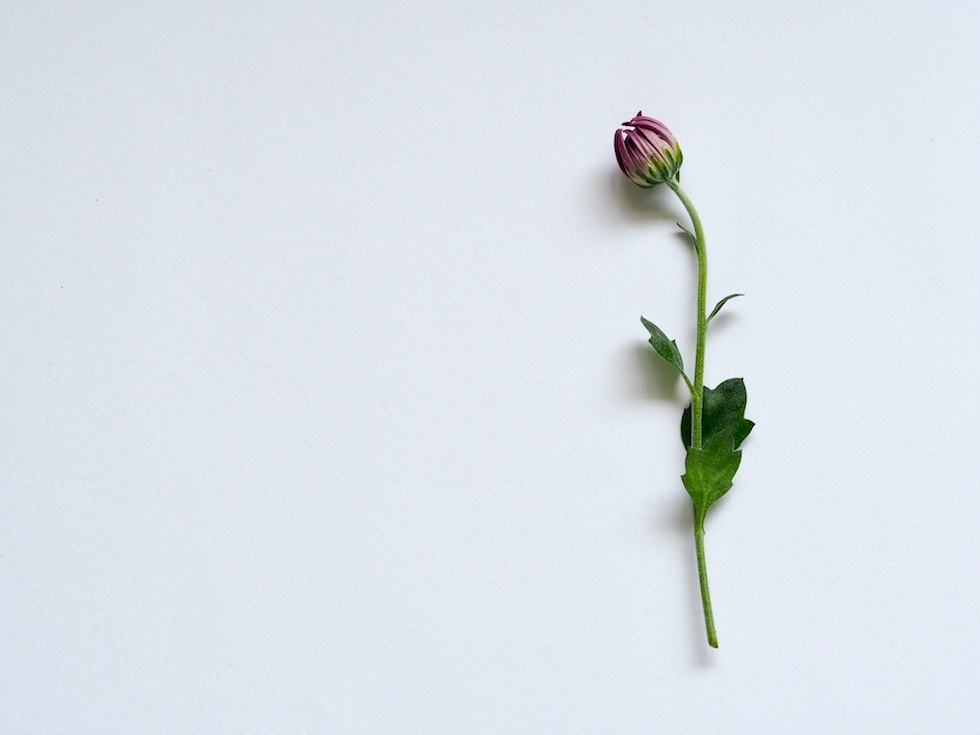Everyone will be making resolutions as the clock strikes midnight on New Year’s Eve. Many of those will include financial resolutions. You may find yourself promising to pay off your loans or mortgage, save more, or contribute towards your retirement. Even if you aren’t the superstitious type, here are a few New Year’s traditions to bring you wealth.
Financial Prosperity in the New Year
If you prefer a simpler tradition, wearing a particular color may bring your good luck. The Chinese believe the color red wards off evil energy and increases your wealth. Latin Americans think that wearing yellow underwear ensures future prosperity and fortune.
Many cultures also associate particular foods with financial success. People believe that eating these foods on New Year’s Eve will bring wealth in the coming year. In Spain, they eat 12 grapes for each stroke of the midnight hour. Southern Americans eat black-eyed peas, while Italians prefer lentils since they resemble coins. The Swiss enjoy rich ice cream to symbolize the richness of the year ahead. Then, they throw some on the ground to share the wealth.
Some cultures even hide small objects in a dish to be shared. If you find the almond in your portion of rice pudding, Norwegians believe it guarantees good fortune. When dining with your Jewish friends, look for a coin baked into your slice of bread. Variations of this tradition exist across the world, so maybe there is some truth in this lucky game of hide-and-seek.
New Year’s Traditions of Abundance
Other common New Year’s traditions include ways to ensure abundance for the coming year. There are a variety of foods associated with money and financial success. Pork symbolizes wealth, prosperity, and abundance in many cultures. Pork is included in several different dishes such as pig trotters in Italy and pork dumplings during Chinese New Year.
The Irish have long used bread as a euphemism for money. One of their oldest traditions requires the family to bang loaves of bread on the doors and walls to rid their home of bad luck. Using bread ensures that your home will be filled with wealth, or bread, in the new year.
In Romania, they take a more literal approach towards financial superstitions. They believe that people start the new year the way they end the last one. That means if you have no money in your pockets on New Year’s Eve, your poor finances will continue into the new year. Romanians will be sure to fill their pockets with cash to guarantee abundance in the coming year.
A Gift for Luck
Gift giving is a time honored tradition in many places. Particular kinds of gifts are also believed to bring luck and prosperity. Austrians give lucky charms to their family and friends for good luck, health, and wealth. The most popular charms include horseshoes, pigs, clovers, and chimney sweeps.
The Greek custom is to exchange gifts on New Year’s Day. As the old saying goes, when you receive a gift on the first day of the year, it improves your chances of wealth and prosperity in the months ahead.
Settle Old Debts
There are fiscal benefits to settling your accounts before the new year. However, the tradition is deeply seeded in Scottish superstition. Folklore holds that it is bad luck to begin the year with debt. During the New Year’s Eve celebration, locally know as Hogmanay, they clean their homes and balance their books. Many Scots believe it best to drive out the old year to welcome a new year one full of fresh, new opportunities.
Although this tradition has become more complicated with credit cards and mortgage payments, it still offers sound advice. New Year’s Eve is a time of self-reflection of the previous year as well as setting goals for the future. This holiday if full of rich history and traditions thought to bring financial success. Perhaps these New Year’s traditions will bring wealth and prosperity to all your endeavors in 2020.
Read More
- Kick Off The New Year For Success
- Financial Roundup: New Year Edition
- 6 Easy Changes You Can Make to Improve Your Finances
Jenny Smedra is an avid world traveler, ESL teacher, former archaeologist, and freelance writer. Choosing a life abroad had strengthened her commitment to finding ways to bring people together across language and cultural barriers. While most of her time is dedicated to either working with children, she also enjoys good friends, good food, and new adventures.




